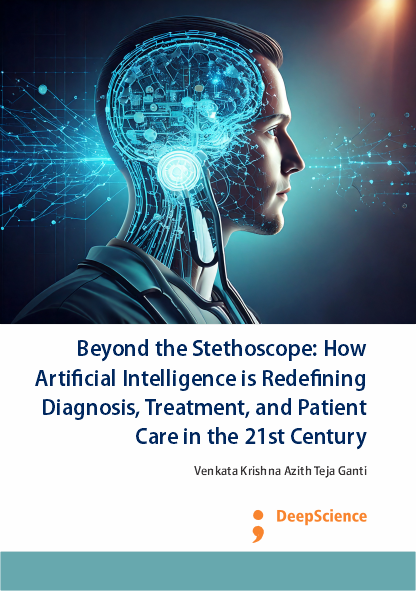The rise of artificial intelligence in medicine: Transforming traditional healthcare models
Synopsis
Artificial intelligence (AI) is rapidly becoming an integral part of every facet of our lives, reshaping global industries in ways never thought possible. Advocates praise it for making mundane tasks more efficient, informative, and entertaining, whereas its most vocal critics lament its burgeoning omnipresence and fret about displacing human workers. While the effects of AI are still materializing across myriad business and social domains, no area is more profoundly influenced than that of medicine. The amalgamation of AI and healthcare is revolutionizing traditional models, decisively enhancing patient care and the operational efficiency of providers. The implications of AI in the medical field are profound and its adoption inevitable, beguiling an exploration of how it is transforming the practice of medicine. Taking into consideration the sizable, variegate and asymmetrically constructed focus of individual commitments and avenues concerning the augmentation of knowledge in AI applications on health, it makes good sense to discern matching emphases and acknowledge the need of corresponding formation across a matching plurality of notified agents.
Overall, there is no question that the integration of AI algorithms into healthcare has, as is already affecting, a multifaceted revolutionizing effect on how disease is managed. This may lay down a broad spectrum in morbid state with considerable financial benefits for both the patients themselves and, generally, the healthcare funding eruditions. Nonetheless, the debates ahead have the prospect of discerning whether these benefits are being justly reaped, and of taking ameliorative action to secure an appreciably more just distribution within what should inevitably be a sector marked by a wide disparity in the availability and the capacity to analyze and process the knowledge itself.
Nevertheless, from an early analytical standpoint it appears less clear that the current systemic transformation being procrastinated would be followed by a virginal and important re-distribution of the farbcode ASCII characters or such a mingling of algorithms that might instead correspond utterly to a fundamented intensification of the prevailing dominance. Thus, it is likely however, that in adherence to the AI-based mediation of treatment and the management of such vast and potent knowledge, the centralized interest and influence is rather to grow, eventually fostered with a variety of preemptively entrenched doctrines and tools utilized heavily stilted indicant and planning.













